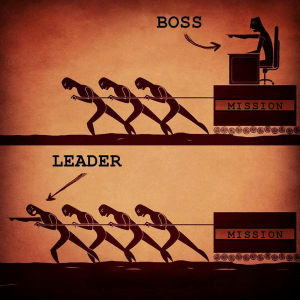People Don’t Just Leave Jobs, They Bid Farewell to Bosses: A Leadership Speaker Weighs In
You’ve probably heard this often-cited adage, “People don’t leave jobs; they leave managers.” This isn’t just a catchy phrase; it’s a reality backed by hard stats. According to a 2015 Gallup Poll surveying over 7,000 U.S. adults, 50% had left a job at some point to escape a problematic manager. As a leadership speaker, I can tell you that this data accentuates the importance of the relationship between an employee and their immediate supervisor in deciding whether they stick around or take off.
Boss vs Leader: The Distinction That Leadership Speakers Often Make
Let’s clarify a vital point—there’s a gaping difference between a boss and a leader. A boss is essentially a micromanager, more concerned with oversight than genuine leadership. On the other hand, a leader fuels a sense of purpose and drive within their team, promoting innovation, creativity, and the pursuit of excellence. As many leadership speakers will tell you, what your team is yearning for isn’t someone with a “boss” title but a true leader to guide them to their full potential.
Leadership Isn’t Just a Title, It’s a Transformational Act
Here’s the deal—while “boss” and “leader” are terms frequently swapped out for each other, their impact in a working environment couldn’t be more different. A boss zeroes in on tasks, deadlines, and quotas. A leader, however, looks at the bigger picture. They’re not merely supervisors; they’re culture architects, team enhancers, and agents of positive change. This is a point that I, as a leadership speaker, emphasize repeatedly in talks and workshops.
The Bottom Line: Be the Leader Your Team is Eager to Follow
Titles are just semantic labels that can often misrepresent your true ability to inspire and effect meaningful change. As the business landscape continues to evolve, it’s increasingly clear that companies need more than just supervisors. They’re on the lookout for leaders—individuals who can exercise influence, stir inspiration, and foster a culture where each person is motivated to perform better.

